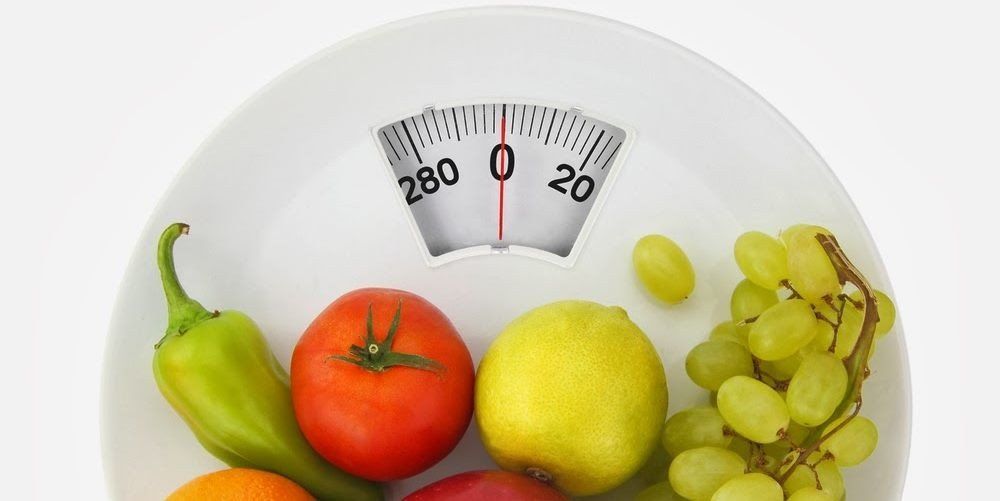You have been dieting and exercising for a long time, and as a result, you have lost weight. There are five more pounds to go, but the scale has stopped and you don’t know why. You have hit a weight loss plateau. But don’t get discouraged. This is a common phrase that everyone experiences when they try to lose weight.
So how can you overcome this weight loss plateau? Here are ten effective tips to help you breakthrough.
1. Track Everything You Eat
Are you really aware of the food you’re eating throughout the day? Maybe you are snacking without realizing it. To stop mindless eating, write down everything you consume during the day. It helps you become aware of what and how much you eat.

2. Check Your Portion Size
So you have kicked your bad habit of eating fast food, sweets, pasta, and bread, and you have been eating healthy. But are you checking your portion sizes? As your weight decreases, you have to decrease your portion size, too. Continuing to eat the same amounts as when you started dieting may be the reason why your weight loss has stopped. Also, don’t forget that ALL food has calories. If you are eating a big smoothie with extra peanut butter, it may be time to change your breakfast and cut back on your portion sizes.
3. Increase Exercise Frequency or Intensity
Maybe your body has adapted to your exercise program and sees it as a daily routine. If you are going to the gym 1-2 days a week, make it 3-4 days a week instead. Or try increasing your exercise time from 30 minutes to 45 minutes per day. In addition, try different exercises that your body isn’t used to. This revision will reverse the weight loss plateau.

4. Stop Late-night Snacking
You are eating healthy during the day, but you aren’t as careful at night. This will sabotage your diet and weight loss efforts. Try not to eat after dinner or a snack before bedtime.
5. Don’t Weigh Every Day
Weigh yourself once a week. Seeing bigger changes on the scale will be more motivating.
6. Cut Out Carbs, Increase Fat & Protein Intake
If you haven’t tried a ketogenic diet before, a radical change like this could trigger your body and help you overcome the plateau phase. A ketogenic diet is a low carb, high-fat diet where you limit bread, pasta, rice, grains and legumes, fruits, milk and milk products, and any food that contains carbohydrates. Applying this type of diet for 7-10 days will help you lose 4-6 pounds. While it can be effective, this type of diet may not be the right choice for you. Talk to your doctor or a nutritionist before starting any kind of fast or major dietary change.

7. Try Intermittent Fasting
Another type of diet that can break the weight loss plateau is intermittent fasting. IF diets have recently gained in popularity, and there are different application methods. You can choose the most suitable type of fasting from our previous blog article, A fast and Feast Diet: Intermittent Fasting. The most common method is 16 hours of fasting and 8 hours of eating.
8. Manage Stress & Get More Sleep
Stress can keep you from losing weight. It boosts the cortisol hormone which increases belly fat storage. Learning to manage stress will help you lose weight. In addition, sleep is extremely important for good mental, emotional, and physical health. To support weight loss, aim for 7-8 hours of sleep per night.
9. Avoid Alcohol
Alcohol is another factor that may be sabotaging your weight loss. Don’t forget that alcoholic beverages have calories, too. In the short run, alcohol increases your water weight, and in the long run, it suppresses fat burning and leads to belly fat accumulation.
10. Be Patient
Don’t give up on yourself and don’t forget that this weight loss plateau will change if you remain patient. Try to stay motivated and continue to diet while trying to identify the reason behind it.
If you have tried all these steps and still can’t lose weight by yourself, seek help from a professional. Other medical factors such as hormonal problems, menopause, or pregnancy could be the cause.















